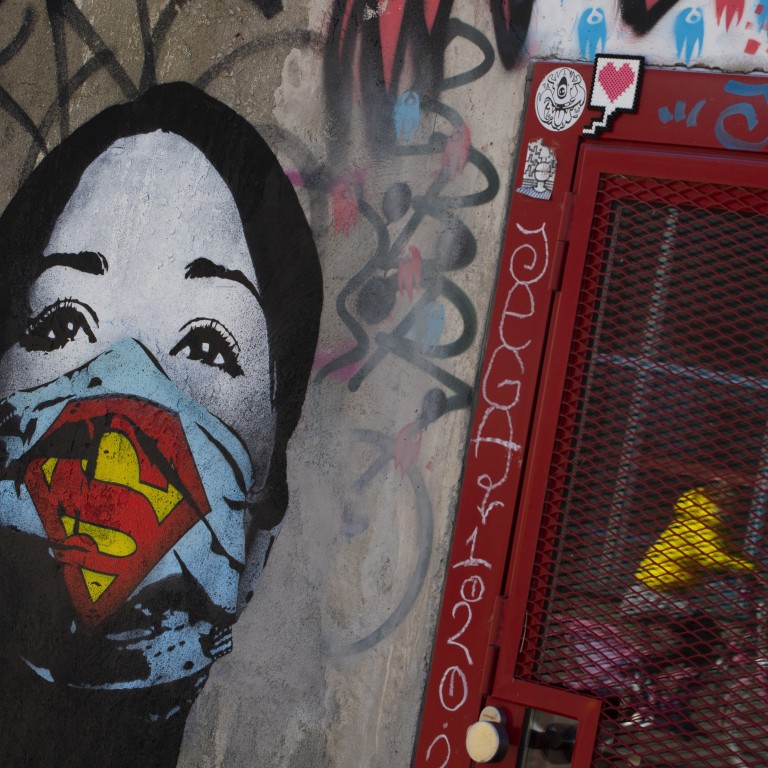
From Philippines to India, women are leading the coronavirus fight – and still losing out
- Women across Asia are playing a leading role in their communities amid the Covid-19 crisis – and female world leaders have been praised
- But women are also among those most negatively affected by lockdown measures and experts warn the gender gap may be widening
Neither Devi nor Tupas were deterred by the pandemic. They are among hundreds of women in Asia who have stepped up at this time of crisis to play a leading role in their communities.
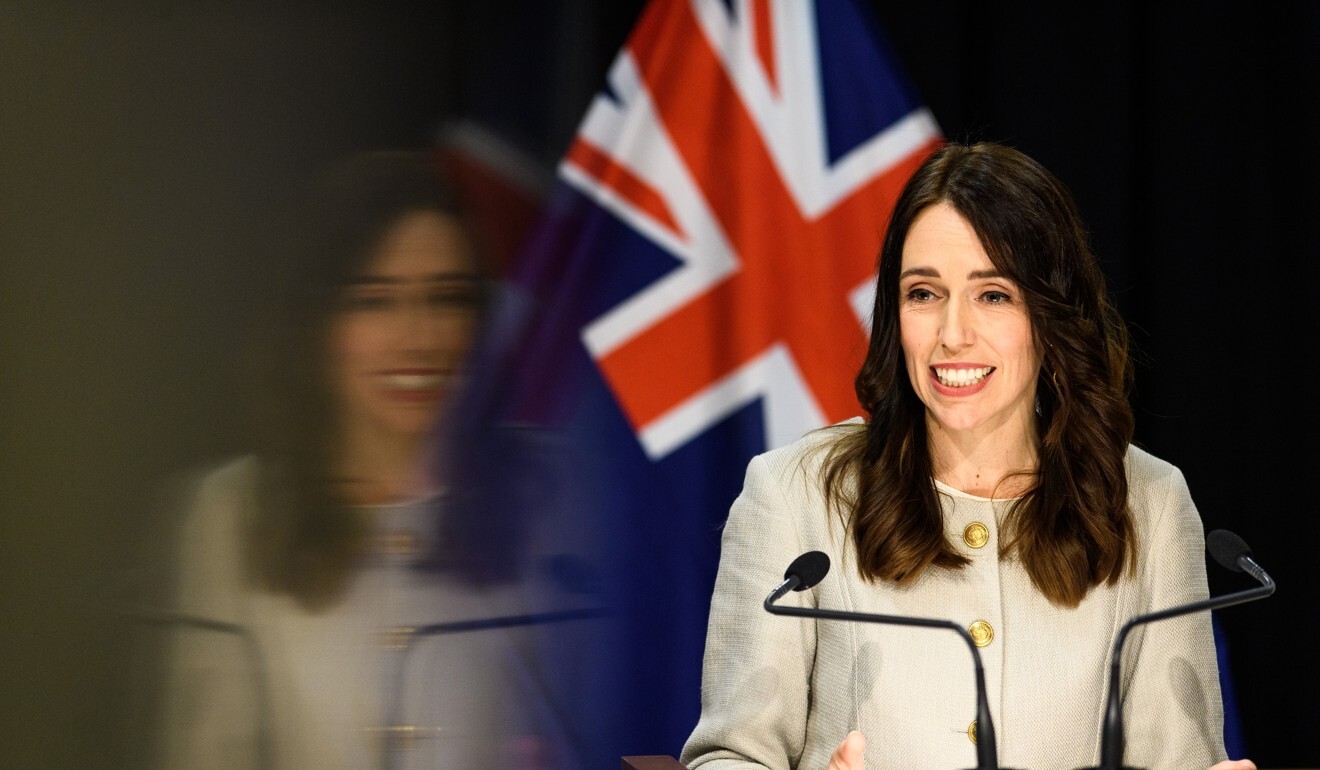
Experts say that while this may have positively shifted perceptions of women and their leadership abilities, women across the world have also been among the most negatively impacted by lockdown measures. If anything, they say, the gender gap may be widening.
Devi, from Kesroli in Rajasthan, started being active in her 250-household village about four years ago after attending a rights programme run by the non-profit Ibtada, which aims at empowering women and girls in rural Mewat, Rajasthan.
She has meanwhile pushed the authorities to build a primary school, a crematorium and a water tank in her village, while also helping women to get welfare assistance from the government.
‘Kingdoms of women’: how modernity threatens Asia’s female-centric societies
“I got to know about the coronavirus in a meeting in the village and then I decided to raise awareness and do relief work,” says the 28-year-old woman.
Her work included sewing masks and making sanitisers for the residents, posting banners, talking to people about the necessary precautions, and ensuring social distancing in public places by drawing circles on the floor to show where people should stand.
But being an outspoken woman has not always been an easy task for Devi. Initially, she faced resistance from her husband, who did not support her involvement in village affairs. And although he eventually accepted her activism, she still hears demeaning remarks from others.
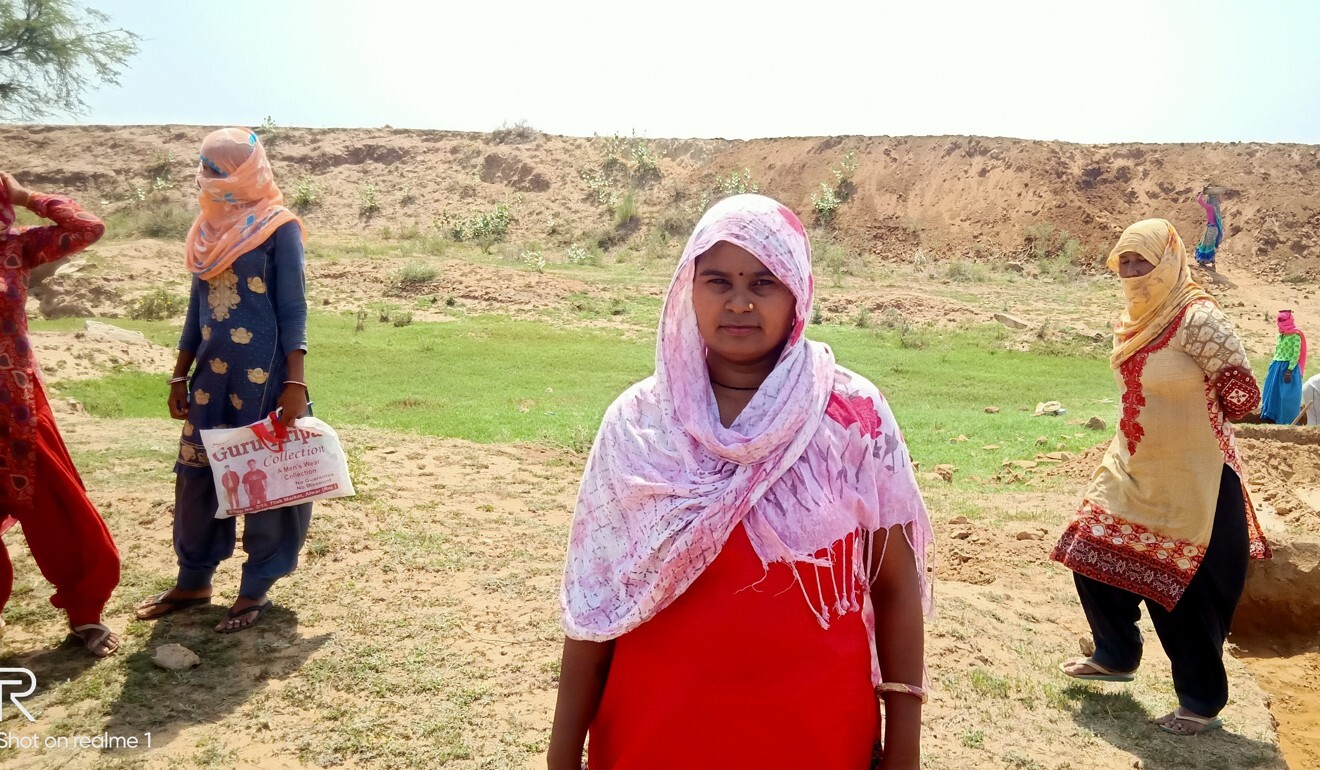
“The local leaders in the village used to feel threatened by my work, because I could mobilise people and get things done,” Devi recalls. “[They would ask:] ‘Have you become a leader? Are you just trying to impress people?’ [Some] make fun of me or make sarcastic comments, saying that I have become too smart. But after some time, people started taking me more seriously.”
She says the crisis has brought a drop in domestic violence cases in her community, as selling alcohol was prohibited for several weeks. Unemployment has proven to be the main challenge, says Devi, who is now helping fellow residents to take small loans from a community fund so they can open their own businesses.
Her dream is to see her village turn into a role model for the whole of Rajasthan and her two children – an eight-year-old girl and a 10-year-old boy – have equal opportunities.
“I want my children to get further education, which I could not. I want them to become public servants, doctors or teachers,” Devi says.
However, she is aware that her daughter is likely to encounter additional hurdles.
“My daughter may face a problem because of our economic condition, as we may not be able to send her to another town or city. For boys, it is easier because they go in groups and stay in a hostel, whereas girls we need to think about safety and security,” she says.
However, she adds: “I want my girl to study as much as she can. And I want the other girls of the village to go to school too.”
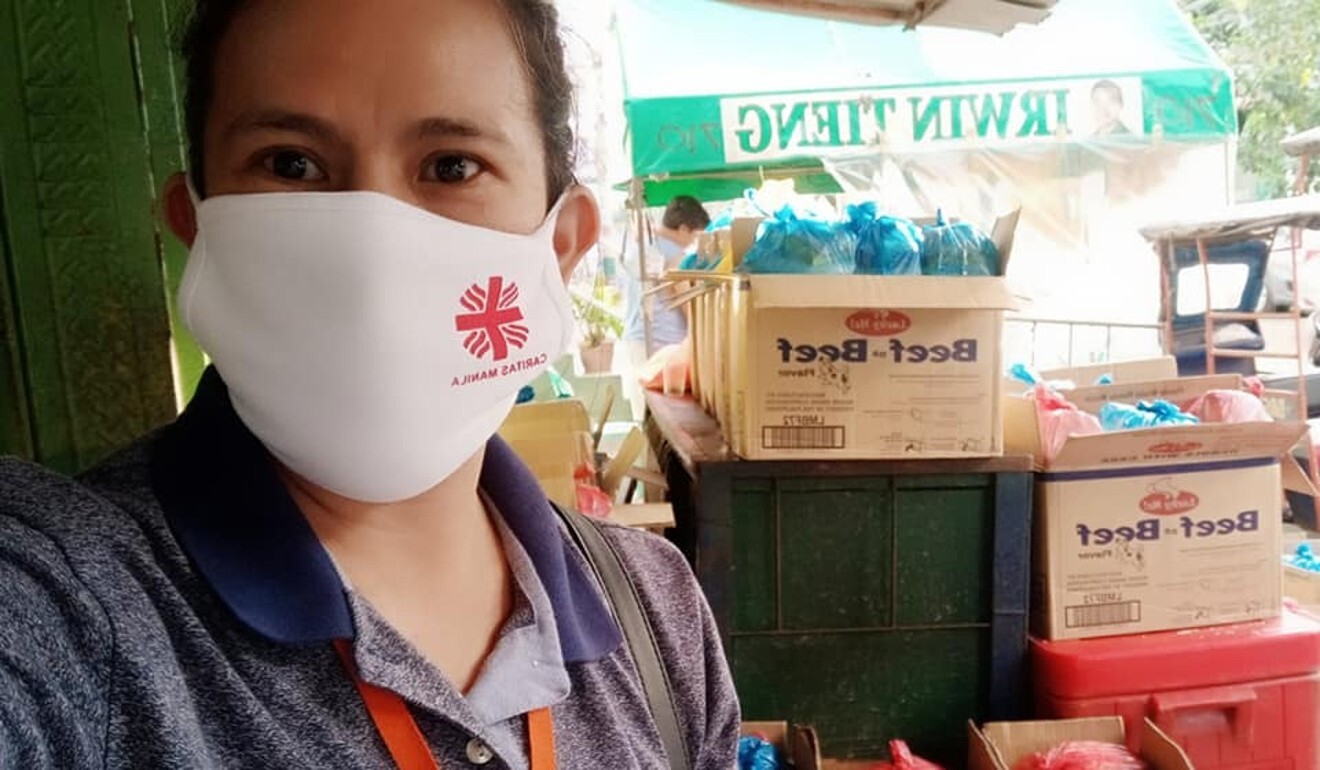
BRUSHING OFF THE CRITICS
Although she decided to continue her support work after Covid-19 hit the country, she still experienced “fear and overwhelming anxiety”.
Tupas helped to organise a response team that would handle the issues faced by women, the young, and the homeless during the pandemic. Every day, from sunrise to sunset, she would visit about 500 families who live in 200 houses.
It has been painful to watch the struggle of so many families. “Sadness filled my day at times, especially after seeing and hearing the problems people were experiencing during Covid-19. But I tried to protect myself and prayed a lot.”
Tupas, 46, who also works part-time for the non-profit group Bahay Tuluyan, says unemployment and the inability to provide conditions for children to attend classes online have been the main problems she observed during the coronavirus crisis.
Bride trafficking, a problem on China’s belt and road
“Many parents tell me that they don’t have money because they lost their jobs or can’t find work,” says Tupas, who has helped some to request assistance from the Education Bureau. She estimates that half of the children in her community do not have the necessary equipment for online schooling.
Schools are expected to reopen in August in the Philippines, where a strict lockdown was introduced in March and parts of the country remain under community quarantine.
Tupas has also been personally impacted by the coronavirus crisis. While she became a grandmother of two twins during the pandemic, her husband, son and son-in-law all lost their sources of income.
“There were many times that my family tried to prevent me from going outside, but I always tell them that it is worth sacrificing,” she says. “They really support me, but they are concerned.”
Tupas, who previously worked in the corporate world, acknowledges that being an active woman in her community has been a challenge at times because of her gender.
“Sometimes women face intimidation when doing their job, like in our area most of the council members are male. Just a few women enter into this kind of job,” she says. But “my focus is always on my goal, which is to protect the children in our community … I am more focused on it than thinking about the negative reactions.”
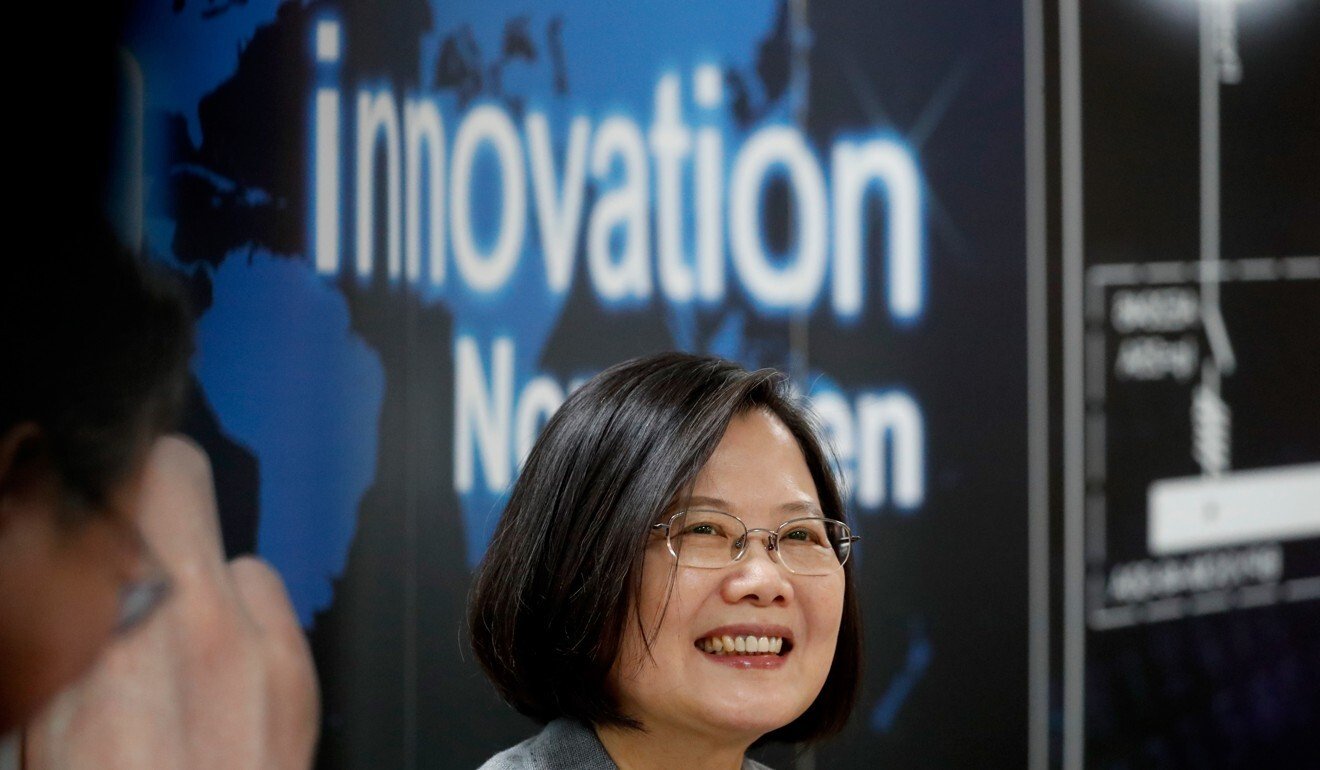
‘FEMINIST LEADERSHIPS’
While ordinary women like Tupas and Devi rarely make headlines, female leaders like Ardern, Tsai and Merkel have been praised.
Nathalie Africa-Verceles, director of the University of the Philippines’ Centre for Women’s and Gender Studies, has worked on a project focused on four female mayors in the Philippines. Their success, the researcher says, is because they acted “decisively, swiftly and proactively” once the coronavirus started battering the country.
“I also noticed they were very much interested in communicating clearly, which is important to inspire trust and cooperation,” she says. Efforts to disseminate accurate information and finding creative solutions for the shortage of supplies are among the measures taken by female mayors, according to Africa-Verceles.
The biggest gender pay gap in Asia: why are Indian women so undervalued?
The researcher says that during their upbringing women take on certain qualities, sometimes perceived as weaknesses, that are important in times of adversity.
“We know women are not naturally born into being caring and compassionate but we are socialised into that, and this served them [the female mayors] really well. They were concerned about the different needs of their constituencies … and they were also meticulous and detail oriented,” the researcher says.
Africa-Verceles notes that, unlike men, women are not pressured into exhibiting bravado and dominance.
“We should take note of how female leaders are performing. Women continue to be seen as unsuited for the larger roles in political leadership, and even after entering that world they face formidable sociocultural, institutional and even personal hurdles,” the researcher says. “We are hoping that with their performance during this unprecedented crisis people will realise that women can be effective leaders and perhaps even more effective than some men.”
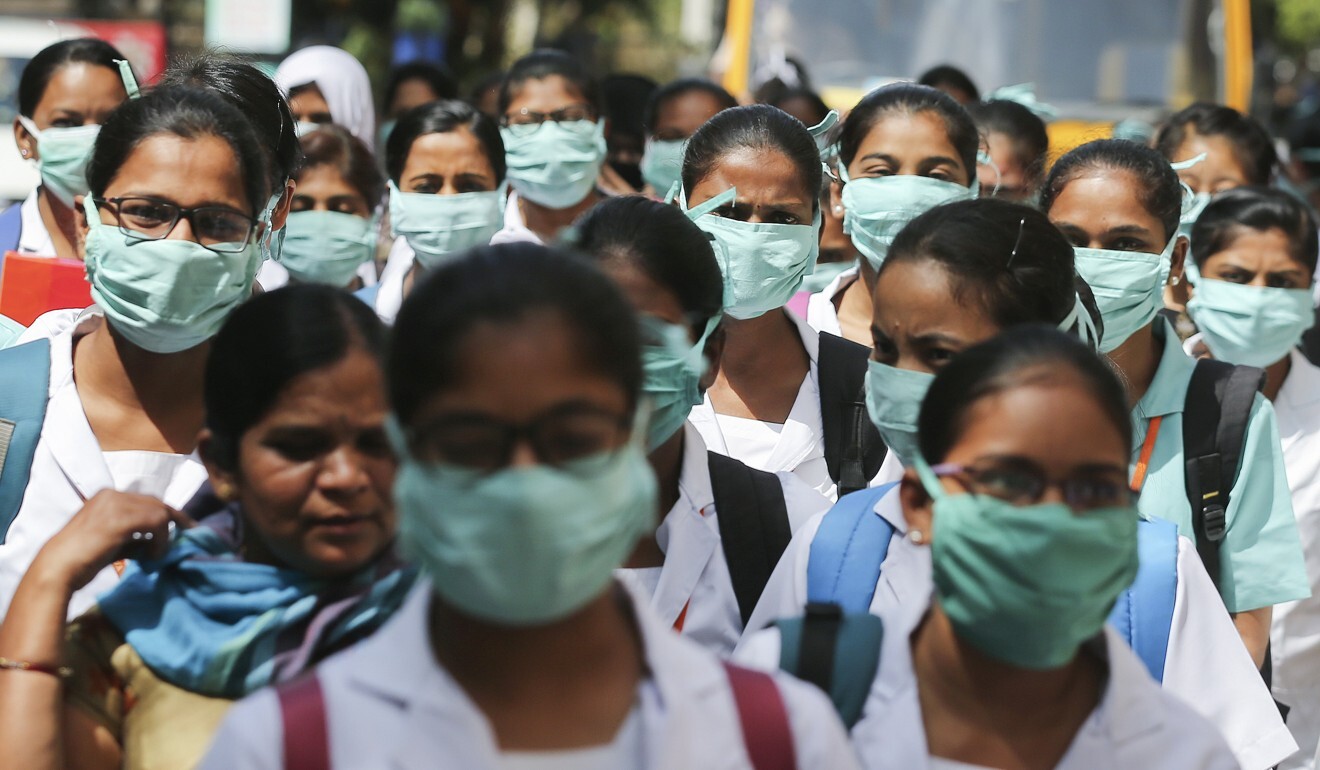
About 50 per cent of the study group felt men made better political leaders, and over 40 per cent believed men were better business executives and that men had more right to a job if the market was scarce.
Although many supported fundamental political rights and employment for women, the bias increased when they were asked about women in political systems and corporations. The UN Gender Social Norms Index also found that almost 30 per cent of people felt it was justified for a man to beat his wife.
Puja Kapai, an associate professor of law at the University of Hong Kong, says it is “not one’s gender which makes one a better leader, but rather other traits that can be cultivated in all leaders, regardless of gender”.
She says that “in public health or other emergencies, strong, inclusive and feminist leaders – female or male” have made a difference.
“What we have seen demonstrated by female leaders around the world is exactly such feminist leadership, where they have sought to devise policies which are inclusive and put the value and quality of life first, over and above the value of productivity and economic health of a nation in the short term,” Kapai says.
Male leaders, the scholar notes, have mostly demonstrated the opposite tendency in prioritising the economy over public health and the needs of the most vulnerable. Some men in power have also shown “self-centred or even narcissist” approaches.
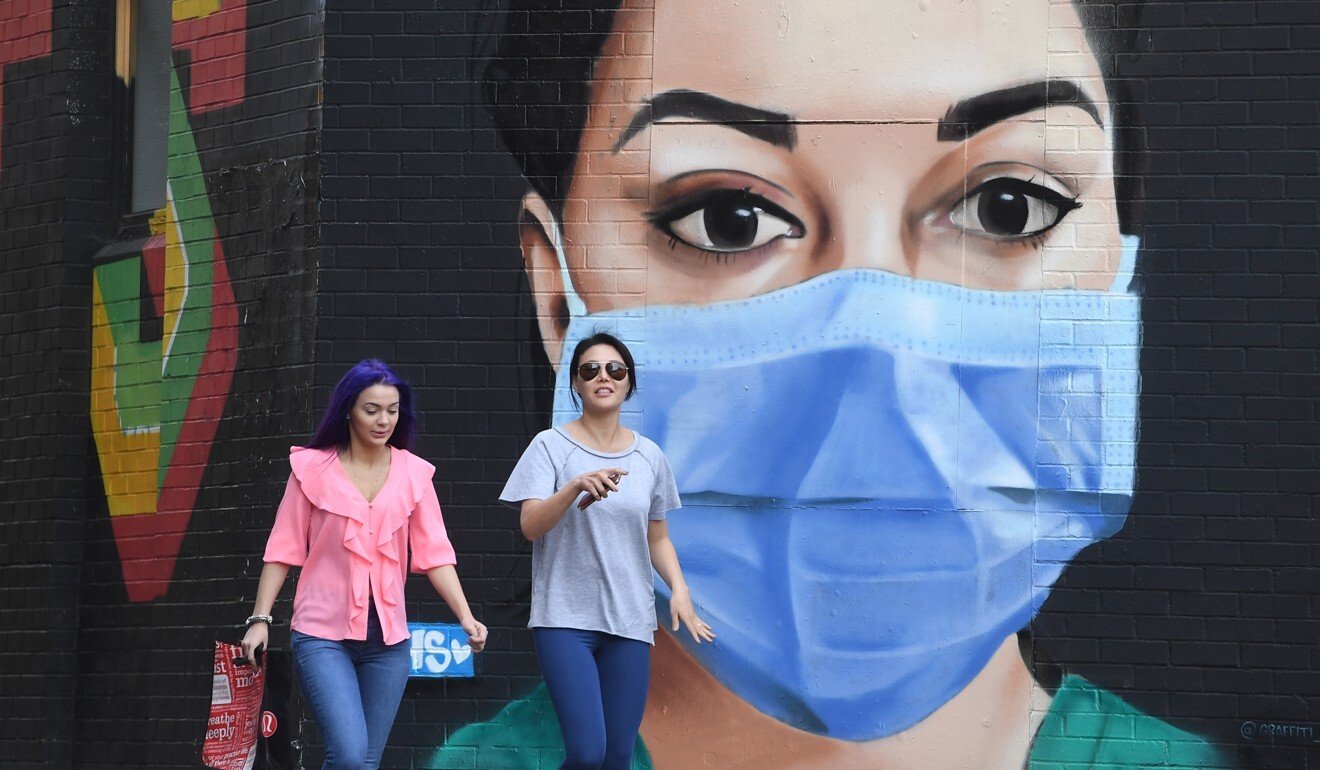
Kapai says Lam “has certainly shown courage in taking measures that have been unprecedented”, but “Hong Kong people and its professional medical community, especially the experts among them, are to be credited for this success”.
A recent academic paper titled “Fighting Covid-19 in Hong Kong: the effects of community and social mobilisation” said the distrust in the local and central governments had contributed to a swift response by the city’s residents.
BEARING THE BRUNT
While several female political leaders have stood out amid the crisis, many women have had to cope with increased domestic chores, growing domestic violence, loss of income, and lack of access to reproductive health services.
“It seems clear that traditional roles and values have been reasserted, with women having assumed greater responsibilities for childcare, care for the elderly and household responsibilities while in many cases also trying to continue to meet their employment responsibilities in already-difficult circumstances,” Atkinson says.
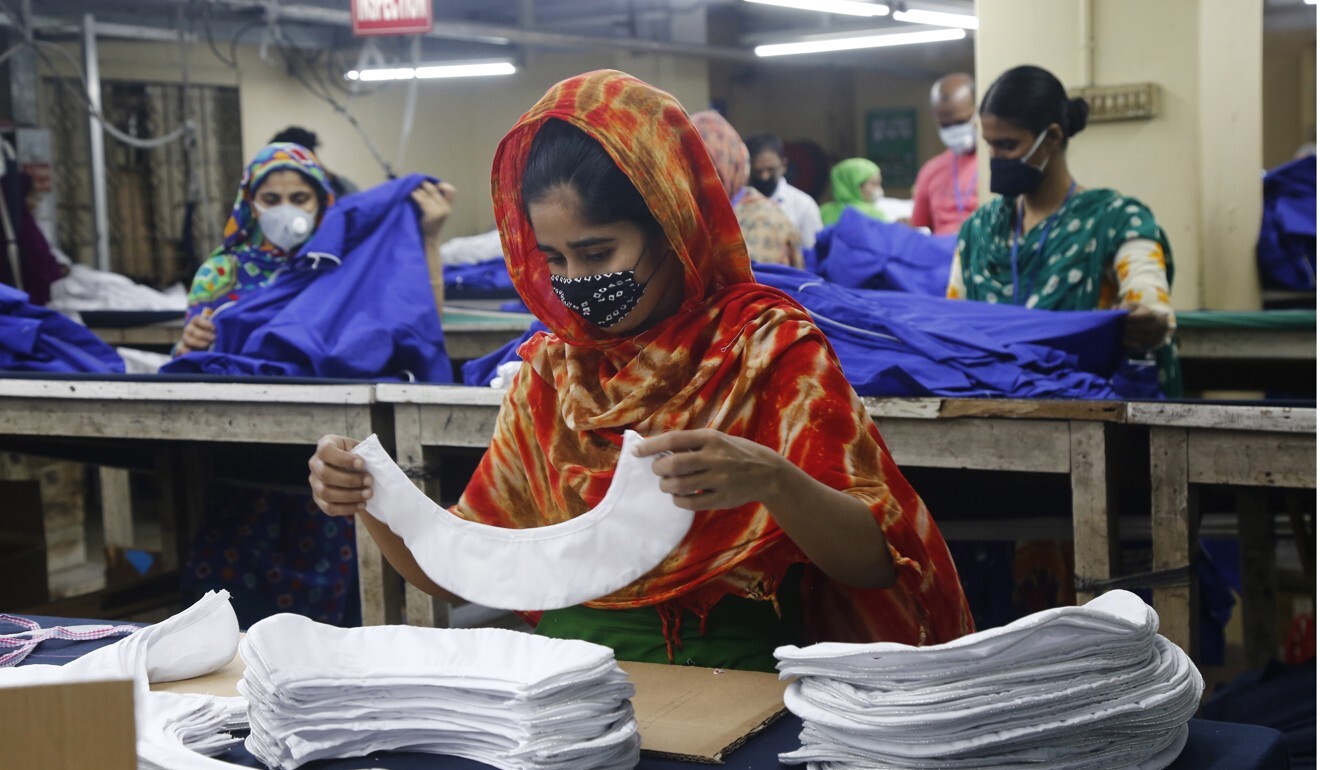
Kapai says “the workload [faced by women] has been extensive and has contributed to exhaustion, coupled with threats to their physical and mental well-being … as a result of being in lockdown with their abusers but also due to being overworked”.
At the same time, she says, “the gender pay gap remains wide while women have also been disproportionately impacted by lay-offs that have ensued due to the poor economic climate”.
In India, the crisis has also harmed young girls, says Jayanthi Pushkaran, a programme officer for the global philanthropic foundation EMpower, which focuses on marginalised youth in developing countries. For example, school closures have further exposed many of them to forms of violence and stress. Experts like Atkinson warn that gains made in relation to female employment and equality are in danger of being eroded.
Africa-Verceles says “there is the risk the gender gap may increase through these pathways” after the crisis. “We need to be mindful about this, so we can take measures to make sure women are adequately supported.” ■

